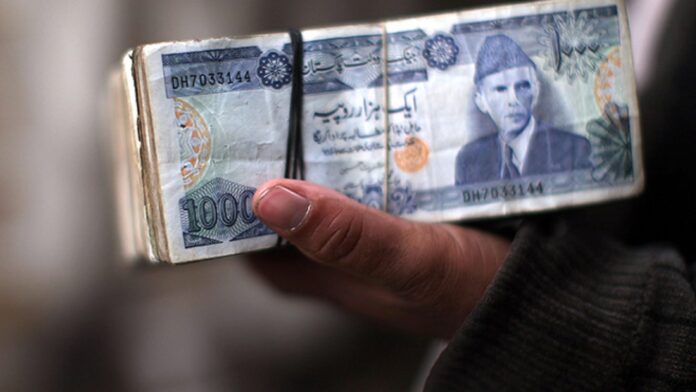ISLAMABAD: Pakistan has began its hectic lobbying to secure rollover of loan deposits worth $4 billion from the Kingdom of Saudi Arabia (KSA) and the United Arab Emirates (UAE) scheduled to mature between November to February period of the current fiscal year, The News reported on Thursday.
According to the report, the PTI government has no option but to seek rollover for another year to avoid dwindling of foreign exchange reserves under the IMF programme as it could not afford to pay back the outstanding loans upon its maturity at this stage.
A top official from the Ministry of Finance Ministry said that the two countries are ready to rollover the outstanding loans.
The first deposit of $1 billion as part of the loan that was secured from Saudi Arabia came in November 2019, followed by another tranche in December 2019, and the third tranche of $1 billion in January 2020.
Earlier this year, Pakistan returned $1 billion while $2 billion are still with the State Bank of Pakistan.
On the other hand, the UAE provided a $2 billion loan deposit in January and February 2020. These loans would mature at the beginning of the next calendar year.
Earlier on Saturday, Pakistan decided to seek a rollover of a $3 billion Chinese trade finance facility which the country cannot afford to pay back when the facility expires in May next year.
According to a report by the Express Tribune, the State Bank of Pakistan (SBP) had fully tapped the $3 billion (20 billion Chinese yuan) in the additional trade finance facility available under the China-Pakistan currency swap arrangement as stated in SBP’s financial accounts for the fiscal year 2019-20 (FY20).
It is pertinent to mention here that most of the funds, originally meant to promote bilateral trade in respective local currencies, were utilised to repay maturing foreign debt and keeping gross foreign currency reserves at comfortable levels.
The bilateral currency swap agreement (CSA) was reached by the SBP and the Peoples Bank of China (PBOC) in December 2011 “to promote bilateral trade, finance direct investment and provide short-term liquidity support”, according to the central bank.
“The state bank purchased and utilised Rs475 billion during the year with the maturity buckets of three months to one year,” said the SBP’s financial statement.
“We plan to roll over the CSA (currency swap agreement) for another three years in 2021,” said a spokesman for SBP, adding that the $3 billion money is part of the current $12.1 billion in foreign currency reserves held by the central bank.
Failing to secure an extension of the loan’s expiry date, the SBP will be liable to repay China $3 billion by using dollars to buy Chinese yuan, a move that is certain to impact the country’s foreign reserves.
Moreover, the government is still struggling with the restoration of IMF’s $6 billion programme which remains suspended as the international monetary organisation continues to insist on a mini-budget and increased electricity tariffs in Pakistan while the country faces constantly high inflation.
Delay in the restoration of IMF’s programme may damage programme loans which were critical to returning the $10.6 billion in maturing loans in the current fiscal year.
Pakistan’s foreign currency reserves held by the SBP stood at $12.121 billion till October 23, 2020, and a major chunk of reserves consists of outstanding loans.
Pakistan and the IMF had struck $6 billion under Extended Fund Facility (EFF) and this programme had agreed to external financing of rollover of loans from KSA, UAE, and China for three years period. So any deviation from this arrangement could aggravate difficulties for both sides for making arrangements on account of the external front.
The IMF had projected gross external financing requirement to the tune of $29 billion for the ongoing financial year but the independent economists did not agree with this figure arguing that the IMF always overstated figures to use it as tactics for convincing the country to remain within the fold of IMF programme.




